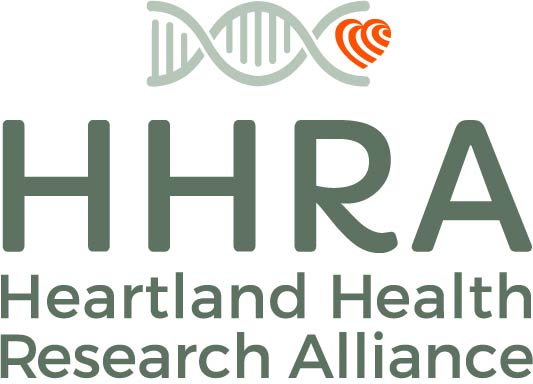Mohan Manikkam, Rebecca Tracey, Carlos Guerrero-Bosagna, Michael K. Skinner , “Plastics Derived Endocrine Disruptors (BPA, DEHP and DBP) Induce Epigenetic Transgenerational Inheritance of Obesity, Reproductive Disease and Sperm Epimutations,” PLoS ONE, January 24, 2013, 8:1, DOI: 10.1371/journal.pone.0055387
ABSTRACT:
Environmental compounds are known to promote epigenetic transgenerational inheritance of adult onset disease in subsequent generations (F1–F3) following ancestral exposure during fetal gonadal sex determination. The current study was designed to determine if a mixture of plastic derived endocrine disruptor compounds bisphenol-A (BPA), bis(2-ethylhexyl)phthalate (DEHP) and dibutyl phthalate (DBP) at two different doses promoted epigenetic transgenerational inheritance of adult onset disease and associated DNA methylation epimutations in sperm. Gestating F0 generation females were exposed to either the “plastics” or “lower dose plastics” mixture during embryonic days 8 to 14 of gonadal sex determination and the incidence of adult onset disease was evaluated in F1 and F3 generation rats. There were significant increases in the incidence of total disease/abnormalities in F1 and F3 generation male and female animals from plastics lineages. Pubertal abnormalities, testis disease, obesity, and ovarian disease (primary ovarian insufficiency and polycystic ovaries) were increased in the F3 generation animals. Kidney and prostate disease were only observed in the direct fetally exposed F1 generation plastic lineage animals. Analysis of the plastics lineage F3 generation sperm epigenome previously identified 197 differential DNA methylation regions (DMR) in gene promoters, termed epimutations. A number of these transgenerational DMR form a unique direct connection gene network and have previously been shown to correlate with the pathologies identified. Observations demonstrate that a mixture of plastic derived compounds, BPA and phthalates, can promote epigenetic transgenerational inheritance of adult onset disease. The sperm DMR provide potential epigenetic biomarkers for transgenerational disease and/or ancestral environmental exposures. FULL TEXT
